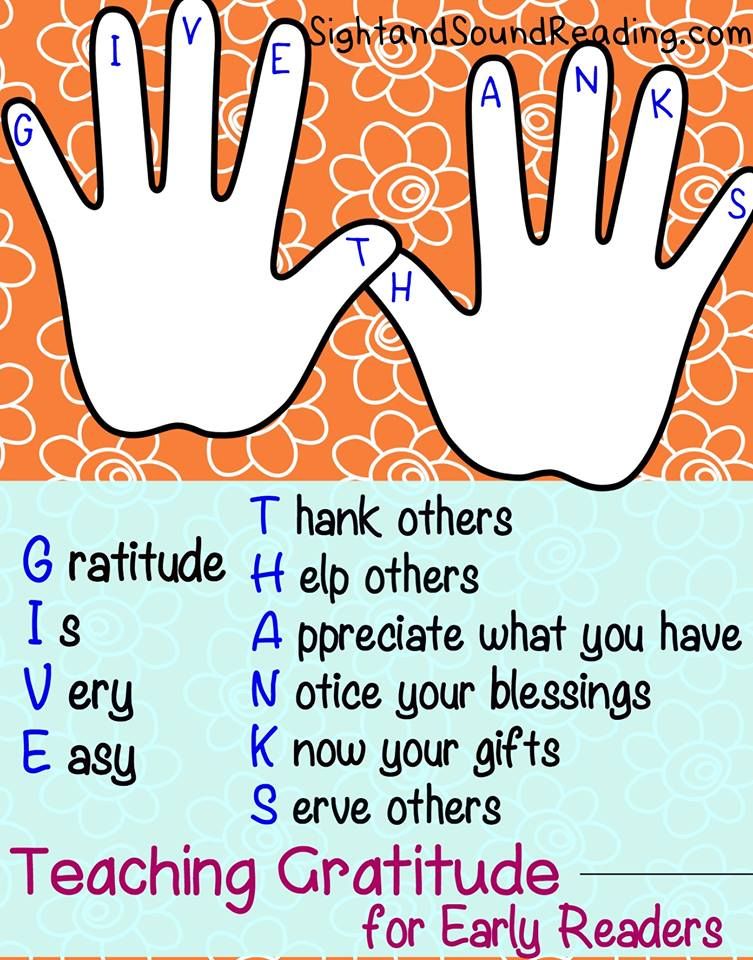Gratitude has many benefits for all, as it promotes both physical and mental health, so it is very important to promote gratitude among young people, especially adolescents.
Grateful teens are more likely to be happy, less likely to have behavioral problems and abuse drugs or alcohol, are more optimistic about the future, which is very important when choosing the path they will take and the courses they intend to take. .
- However.
- Despite the benefits of gratitude in adolescence.
- Being young and being grateful are not two terms that go hand in hand.
- It is not easy.
- But parents should encourage gratitude in their children.
- Here are some tips and tricks to do it.
Children learn by example and gratitude is no different: to teach, you must be a model of gratitude; However, as research shows, teens are confused about family values because parents say one thing and do another.
In other words, telling a child to be grateful will not be effective if he does not show gratitude in his or her own life. Show your child that he is grateful for the good things that are happening around him. Thank you for the day that just passed. It started, the good food at your table, the time you spend with your family, instead of complaining about nothing and finding flaws in everything.
Everyone can be grateful for different things; Valuing things is essential to thank you, so it is very important to talk about these issues in the family in a relaxed way, share experiences and promote debate.
We cannot impose gratitude on our children, but teach them to appreciate what they have and how they live, including small and insignificant things.
It is very easy to be grateful when everything is going well, however, it is not easy to show gratitude when problems arise, in these difficult times we must give our best and help our children discover reasons to be grateful.
In difficult times, we have the opportunity to make the most of ourselves.
Help your child find something to be grateful for, even at the worst times. Even if things don’t go the way he wants, a lot of good things can happen. Even in the most dramatic, disconcerting or unpleasant situations, we can learn new things. What makes you suffer today can help you become a better person in the future.
It is often not easy to express gratitude or discover things that provoke our gratitude. A useful way to express yourself and discover it is to create a wall of gratitude, a common place where the family posts their thank you messages or photos of the things you are. grateful for.
The Wall of Gratitude functions as an activity of creative approach that facilitates expression and helps self-awareness, to get to know family members better, provokes reflection and gives us the opportunity to explore and discover new paths.
Teens who do what they love are more likely to feel gratitude. Help your child explore the different opportunities available to choose something that motivates and excites them. Tasks involving voluntary social work are very good for us to learn to value what we have and be grateful.
External motivations can help teens behave politely when they are being monitored; However, if you want your child to be grateful, you need to develop your inner motivation.
Talk to your child about how you feel when you help someone and how gratitude improves your mood as well as your overall well-being. These benefits can motivate your child to feel gratitude more often.
It is important that adolescents have a sense of independence and autonomy; they are more likely to feel gratitude when they can make healthy choices for themselves and earn rewards for the behavior they have chosen, not just for the things their parents have done. tell them to do it.
Help your child develop essential skills for independence, such as problem solving and assertiveness. Give your children every opportunity to make decisions independently

